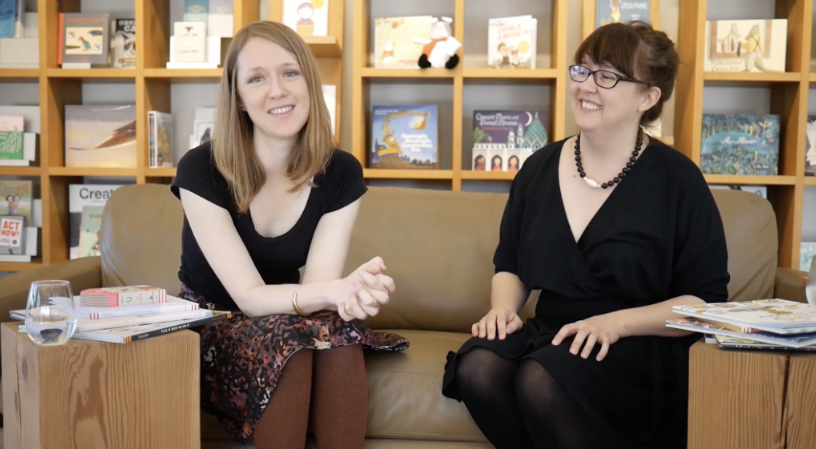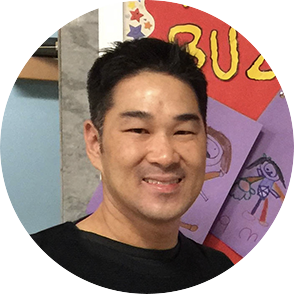When an Author Should Submit a Dummy

Every term, since I started moderating workshops for Storyteller Academy, I've heard at least one question about whether or not picture book authors can submit their dummies. It's not surprising. After all, we encourage writers to draw and illustrators to write. The more elements of picture books that you understand, the better. Right? Making my first picture book dummy in Arree's class helped me finally understand page turns and pacing.
When you spend the time figuring out the visual elements of your book, sometimes it's hard to let go of your vision.
That's one of the reasons why Arree started teaching drawing and bringing in other illustrators to teach at Storyteller Academy. After he'd taught us how to make dummies, he had a bunch of picture book writers who wanted to be illustrators.
With some projects, it's easier to trust someone else illustrate them, especially if you know your art style isn't the best fit for the story. Author/Illustrator Jim Averbeck said that he has some projects that he wants to illustrate, and other projects that he knows would be better off with another illustrator.
I have personally only shared one of my dummies with an editor, and it was the dummy that I made in Arree's mentored critique group.
And I've heard from other Storyteller Academy students who've shared their dummies with editors or agents with positive results.
But if you don't plan on illustrating a book yourself, you need a good reason to share a dummy. Editors and illustrators are fantastic and reading between the lines to visualize a story. It's what they do. And we need to allow them the creative freedom they need to bring their own visions to the project.
So, how do you know whether you should share your dummy?
Ariel Richardson and Melissa Manlove (editors at Chronicle Books) told us when they want the author to send a dummy in one of their Submission Ready workshops.
My Favorite Quotes
Melissa Manlove: “It depends.”
“There's a lot of space to do unexpected things in this field.”
“If it's a novelty book, or there's some element that they actually need to handle–we need to actually handle–in order to understand, then it can be really handy to have a dummy, even with just terrible art.”
“It's so much more efficient to tell people how a novelty element works by just showing them.”
“Just hand it to me.” (This one made me laugh.)
Ariel Richardson: “And if that's how I get a manuscript, I am going to prototype it before I bring it to acquisitions, so that is a necessary step in the process.”
Melissa pointed out that an editor is going to think twice about whether she has the time to prototype something just to see if it works, so sending a dummy/prototype that works really will help your submission.
And just in case it needs to be said, if you're an author/illustrator, you should submit your dummies.
Have you ever submitted a dummy to an agent or an editor? How did it go?
Thanks for reading!
Blog Contributors

Myrna Foster writes and edits content for Storyteller Academy and the WriteRiders Newsletter for SCBWI Nevada. She has spent a lot of time teaching and coaching children, including five years as a preschool teacher. She's also worked as a journalist, and Highlights High Five has published six of her poems.

Arree Chung is an author/illustrator and the founder of Storyteller Academy. Arree’s Ninja! series has received starred reviews from Kirkus and School Library Journal. Kirkus also gave a starred review to Mixed, which recently won the FCGB award.
Today Arree lives a creative life, making stories for children. Arree spends most of his time making picture books, writing middle grade novels, and sharing his love for art, design, and storytelling with kids and dreamers everywhere.
